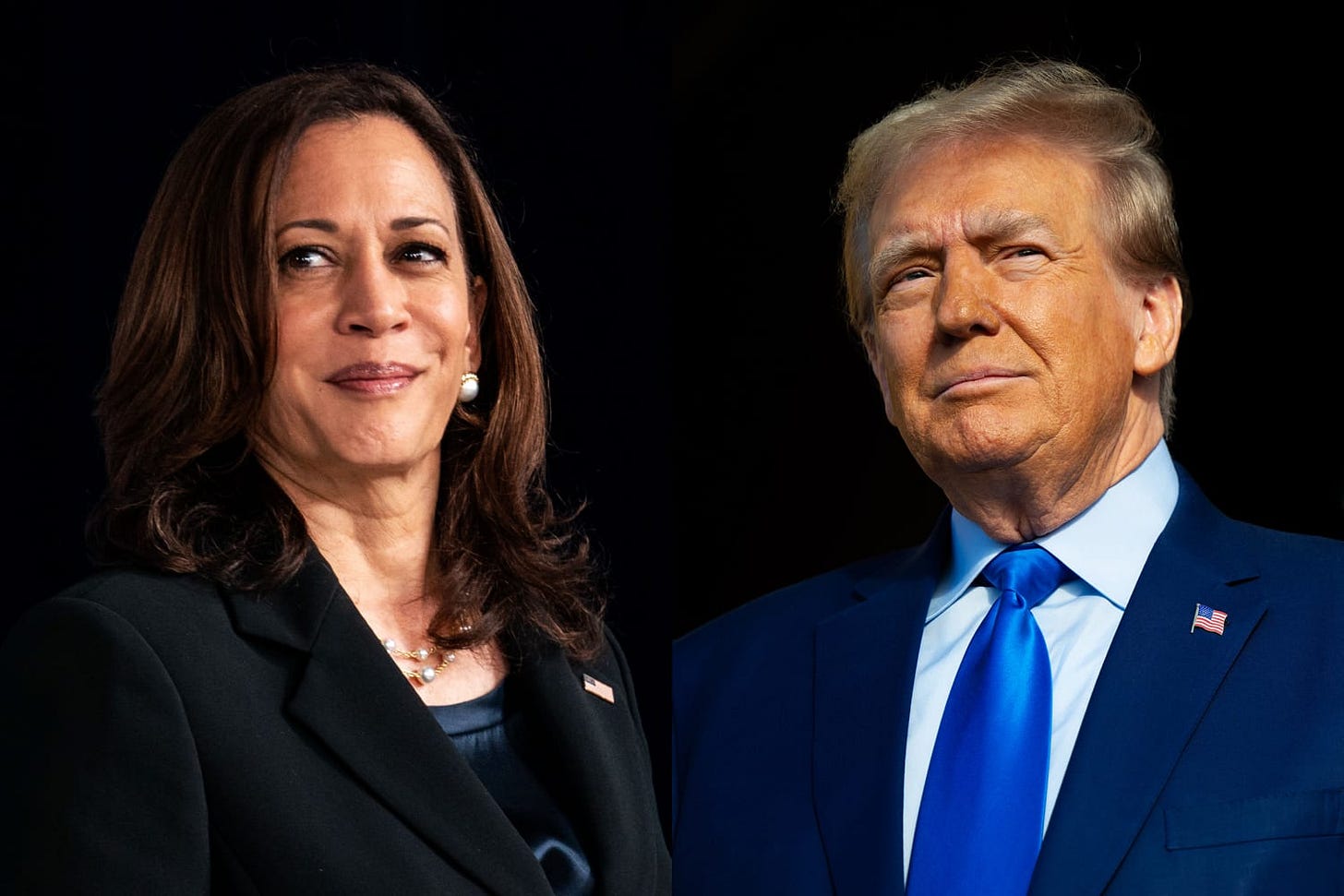In Midst of the Second Stage of Grief, Democrats are Quick to Point Fingers
Gershon Rozenberg ('27)
Early Wednesday morning, the Associated Press called the Presidential race for Donald Trump, a victory so decisive that it left many Democrats dazed and confused. Republicans also retained and regained majorities in both chambers of Congress. As per post election tradition, the blame game on the Left was immediate.
“Donald Trump has no greater friend than the far left,” Ritchie Torres tweeted, “which has managed to alienate historic numbers of Latinos, Blacks, Asians, and Jews from the Democratic Party with absurdities like ‘Defund the Police’ or ‘From the River to the Sea’ or ‘Latinx.’” This opinionf was met with little concurrence. After all, Kamala Harris—who ran as the Democratic nominee—campaigned alongside Republicans, boasting of her "tough on crime" record as California’s Attorney General and her comfort with firearms. Torres’s critique was also curious for its selective memory: two of his key targets, "Defund the Police" and "Latinx," had scarcely made a dent in Joe Biden's 2020 campaign. As we saw, these were not the issues that cost Biden the election.
Bernie Sanders offered up his thoughts, saying, “It should come as no great surprise that a Democratic Party which has abandoned working class people would find that the working class has abandoned them.” But how has the Democratic party betrayed the working class? President Biden’s incredible legislative accomplishments–the American Rescue Plan, Bipartisan Infrastructure law, Inflation Reduction Act, and the Chips and Science Act–have manifested in America’s economic recovery from Covid, the quickest of any G10 country.
If it’s not the fault of the far left or establishment Democrats, why did liberals lose so badly? Or in the lexicon of my twitter feed, which wing of the Democratic party is to be blamed and exiled into obscurity in 2028? Is it possible that no side of the liberal spectrum is responsible? Anti-incumbent sentiment is prevalent across the globe; office holders lost reelection in South Korea, the United Kingdom, and South Africa as well as other countries within the past two years.
This is due to rampant inflation caused by supply chain disruptions, Russia’s invasion of Ukraine, and other factors. If voters probed through international economic data they would have found that the United States has the lowest inflation rate among the G7 countries. This put the Harris campaign in a tough spot. How can you brag about your administration’s achievements when many Americans are still struggling?
The answer is that you can’t. That’s why the electorate handed Trump a popular vote win and swing state sweep. They don’t care that his tariff plan would cost the average household more than $2,600 a year. All they know is that they’ve been hurting while Biden-Harris have been in the White House.
This is the narrative that has taken hold, one that is detached from the facts but grounded in the lived experience of millions of people. The question, then, is not just about who or what failed the Democrats, but about what kind of country we are living in—a country where the illusion of stability and the promise of a return to some imagined "better" time are more powerful than the painful truths of our actual moment.


